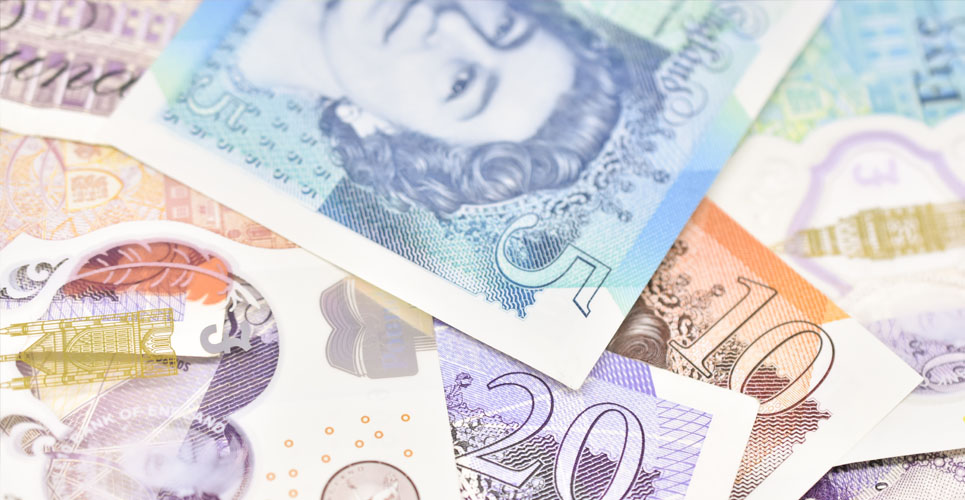NHS prescriptions are set to rise by 20p per item from 1 April 2019, the Government announced on Thursday (21 February).
The raise from £8.80 to £9 will apply to each medicine or appliance dispensed, while the cost of prescription pre-payment certificates (PPC) has been frozen for a year at £29.10 for a three-month PPC and £104 for a 12-month PPC.
PPCs are available for patients who require four or more items in three months or more than 12 in a year.
The Department of Health and Social Care (DHSC) said that “taken together, this means prescription charge income is expected to rise broadly in line with inflation.”
Last year’s prescription charge increase of 20p – from £8.60 to £8.80 – was described by campaigner Prescription Charges Coalition as “catastrophic“.
It is hoped that the rise in charges will contribute towards the £22 billion in ‘efficiency savings’ the Government required of the NHS as part of the Five Year Forward View, adopted in the 2015 spending review.

The Five Year Forward View detailed that £22 billion of the predicted £30 billion NHS funding gap would be made up through efficiency and reform.
These savings are to come alongside the Government’s 2015 commitment to a £10 billion investment by 2020 to 2021 to fund “frontline NHS services”.
The DHSC said the savings would “secure the best value from NHS resources and primary care must play its part”.
Chair of the Royal Pharmaceutical Society (RPS) English Board Sandra Gidley said: “The consequences of the relentless rise in prescription charges are well-known. If you can’t afford your medicines, you become more ill, which leads to poor health and expensive and unnecessary hospital admissions.
“Every day, pharmacists are asked by patients who are unable to afford all the items in their prescription which ones they could ‘do without’. Patients shouldn’t have to make choices that involve rationing their medicines. No-one should be faced with a financial barrier to getting the medicines they need.”
She added that prescriptions should be free in England as they are in Scotland, Wales and Northern Ireland so that “no-one would have to worry about payment decisions affecting their health”.

